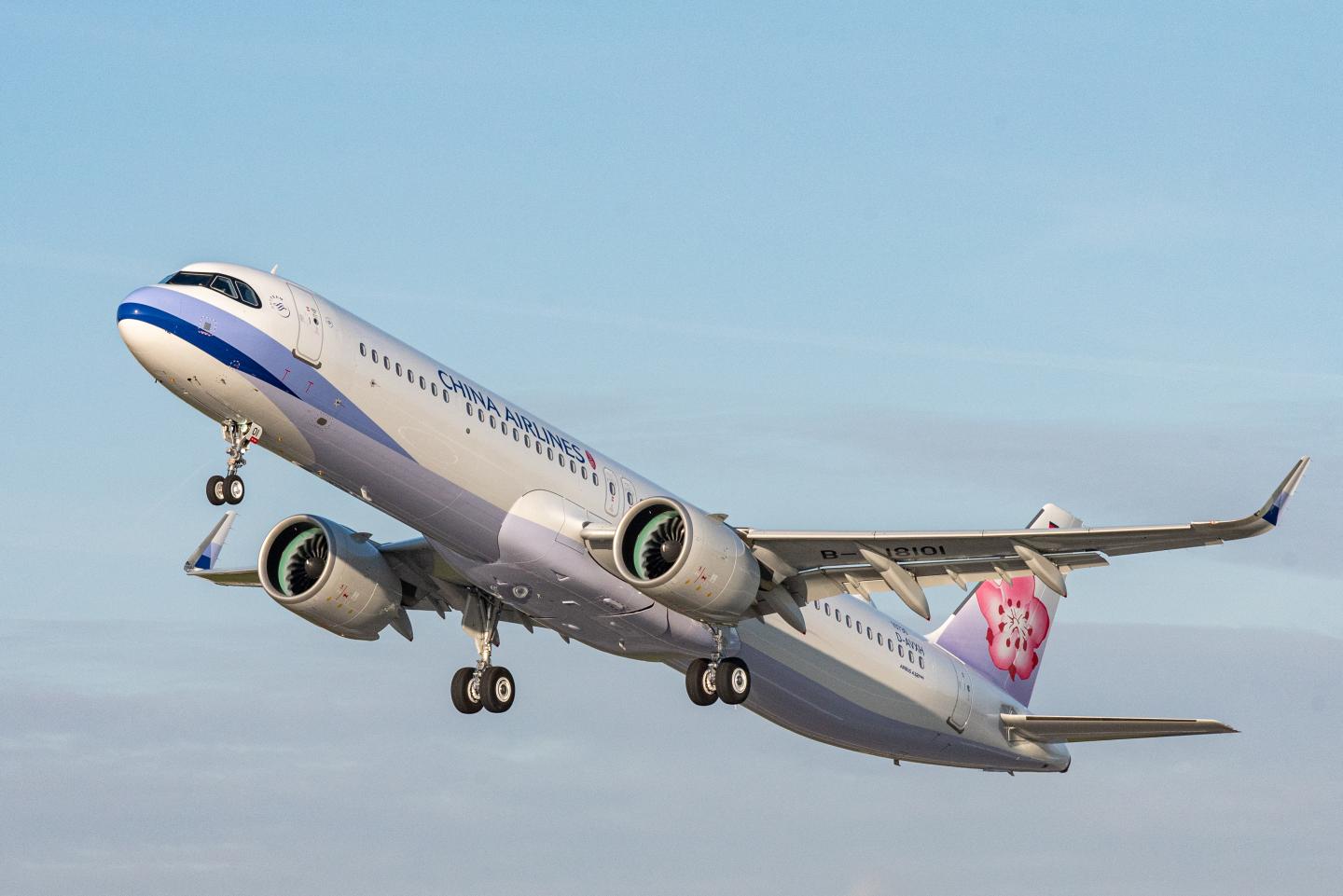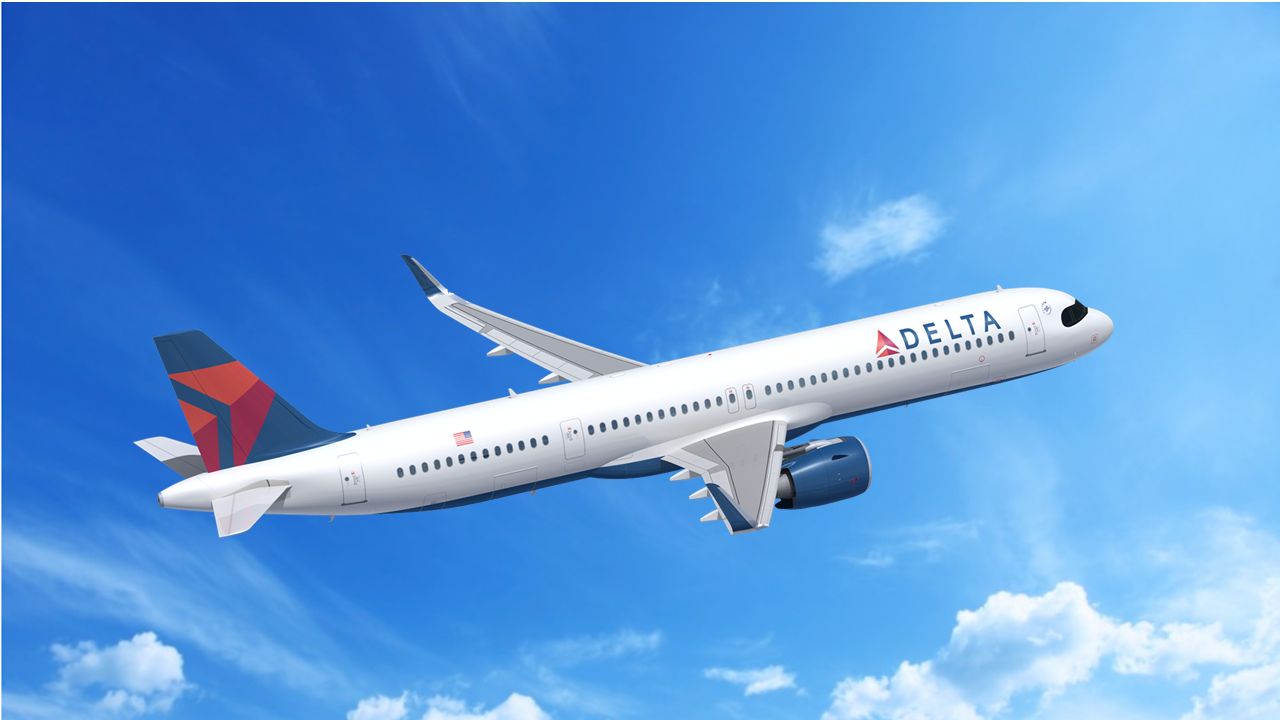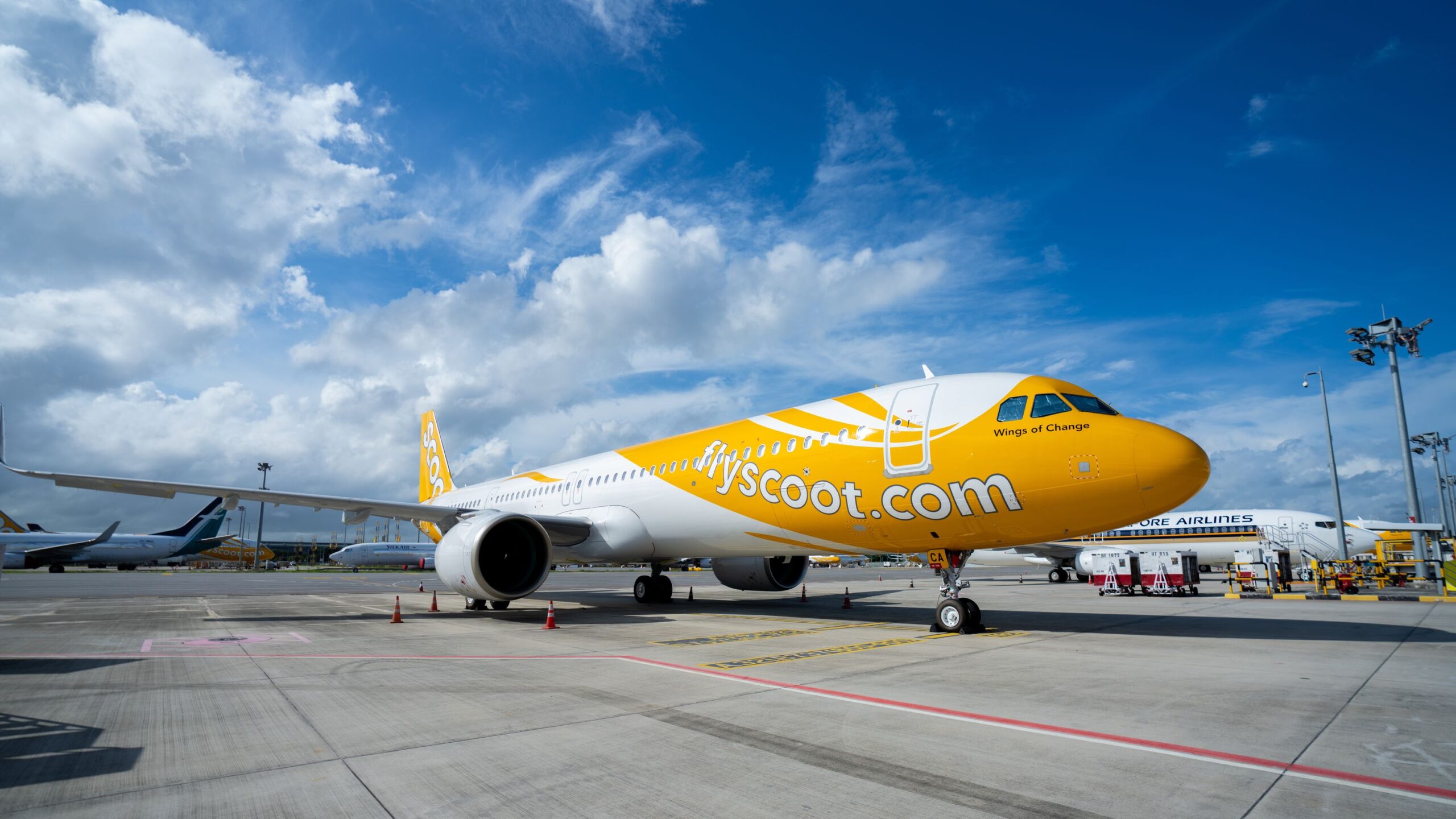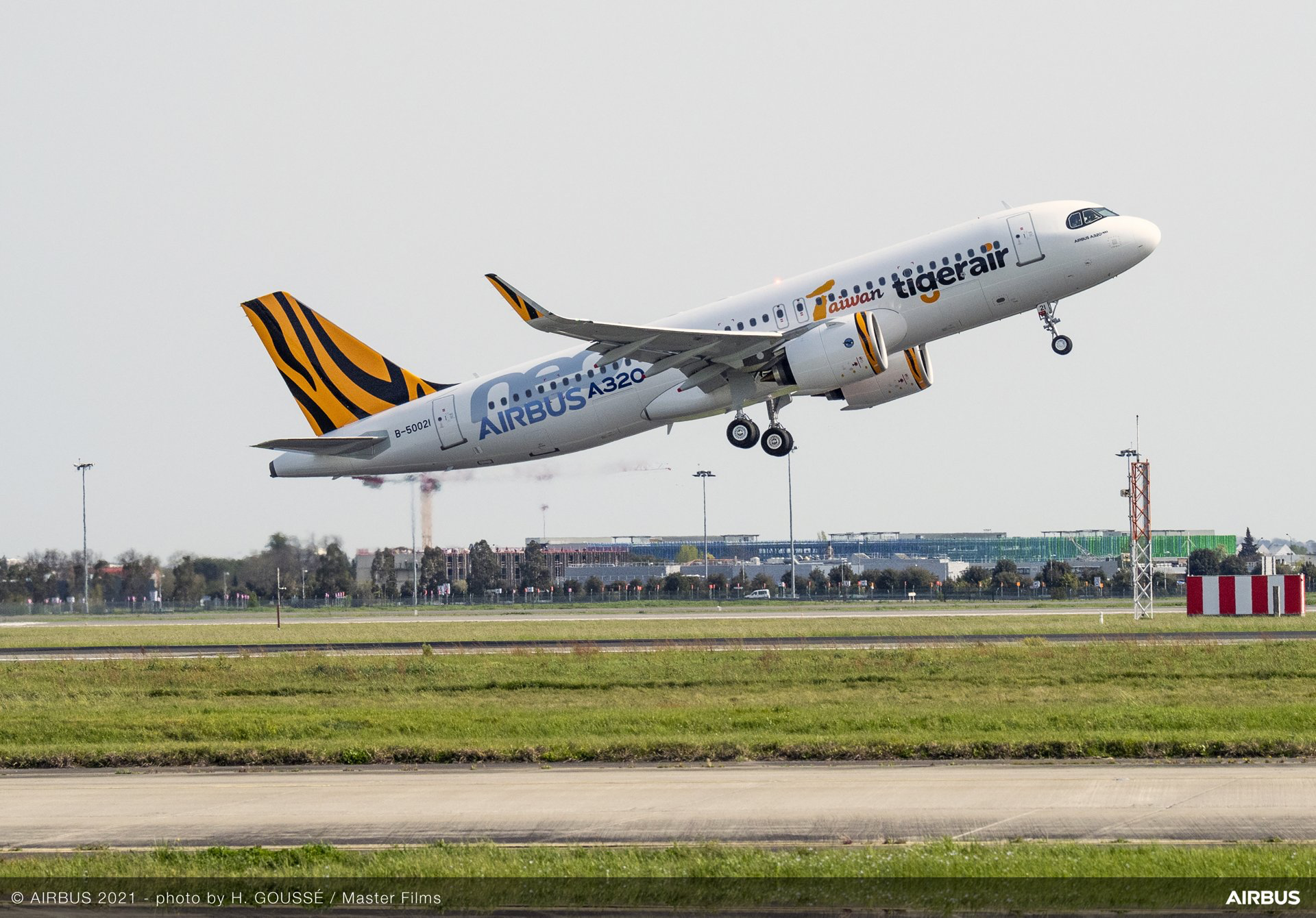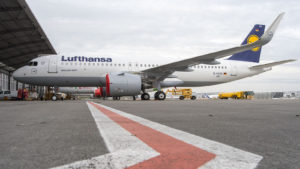Taipei, 30 November 2021 – China Airlines (CAL) has become the latest operator of the A321neo, following the delivery of its first aircraft of the type, on lease from Air Lease Corporation (ALC, NYSE: AL).
The aircraft operated with a blend of sustainable aviation fuel (SAF). SAF provides a reduction of up to 80% in carbon emissions over its lifecycle, compared to traditional jet fuel.
The aircraft is powered by Pratt & Whitney PW1100G engines and seats 180 passengers in a two-class layout. The A321neo incorporates the Airbus Cabin Flex, which enables optimal use of space by relocating various fixtures and fittings, providing the highest levels of passenger comfort.
CAL’s A321neo will be able to fly on routes of up to seven hours from Taipei.
CAL’s A321neos also come with a Cargo Loading System that enables container cargo operations, further reinforcing the airline and Taipei’s position as a global air freight hub.
Altogether CAL will acquire 25 A321neo aircraft, comprising 11 directly ordered from Airbus and 14 under lease agreements. The A321neo will form the core of CAL’s single-aisle fleet and offers cockpit commonality with CAL’s existing A330 and A350 aircraft.
The A321neo is a member of the A320neo Family, which offers the widest single-aisle cabin in the sky and incorporates the latest technologies, including new-generation engines and Sharklets, delivering a 20 per cent reduction in fuel consumption per seat.
At the end of October 2021, the A320neo Family had won more than 7,500 firm orders from over 120 customers worldwide.
